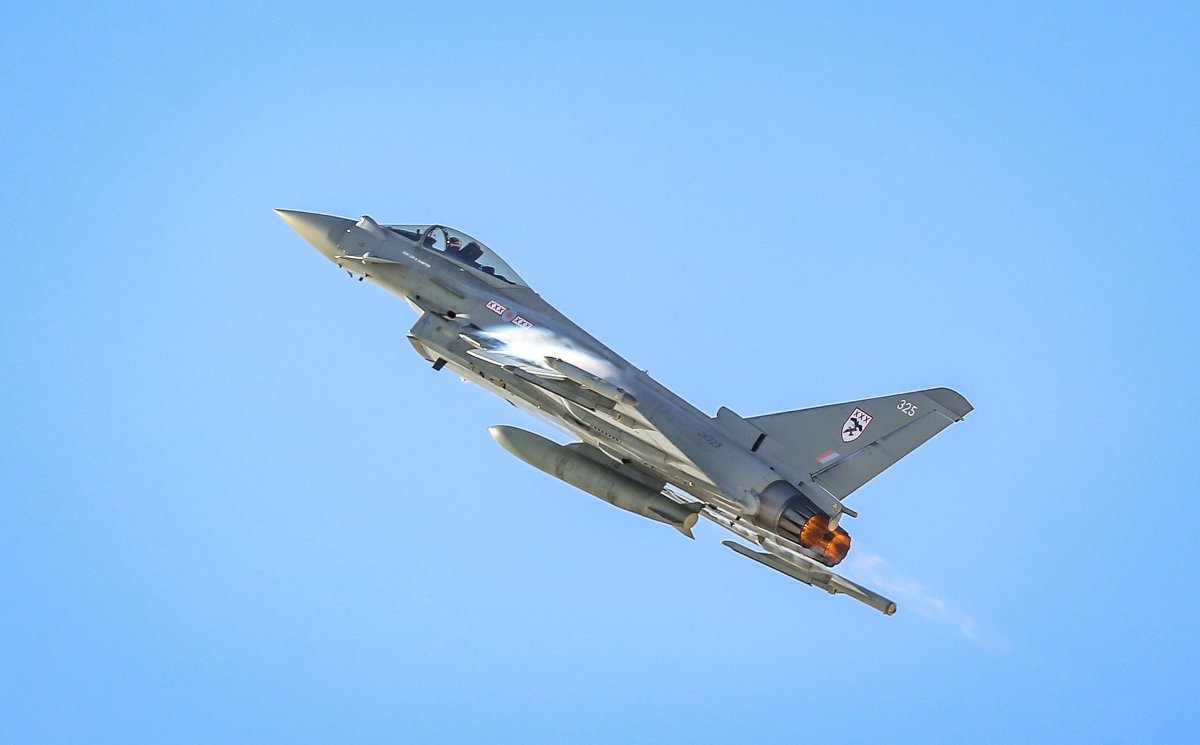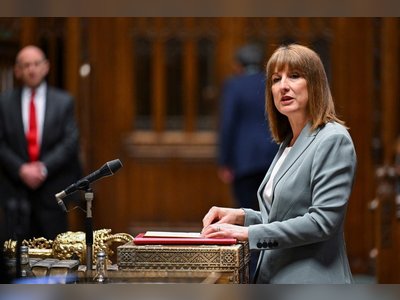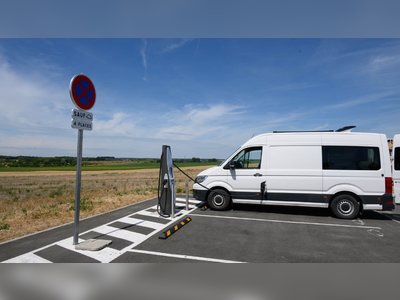
UK and Turkey Seal £8 Billion Deal for 20 Eurofighter Jets to Strengthen NATO Ties
London agrees one of its largest fighter-jet exports ever, with deliveries set to begin in 2030 and major benefits for UK defence industry
The United Kingdom and Turkey have formalised a landmark defence export agreement under which Ankara will purchase 20 Eurofighter Typhoon jets for an estimated value of £8 billion (approximately US$10.7 billion).
The deal was signed in Ankara during the visit of British Prime Minister Keir Starmer, accompanied by Defence Secretary John Healey.
Turkish President Recep Tayyip Erdoğan described the agreement as a “new symbol of the strategic relationship” between the two allies.
Under the contract, British manufacturer BAE Systems expects to recognise about £4.6 billion in revenue, covering air-frame production, final assembly and weapons integration at UK facilities in Lancashire.
The missiles will be supplied by MBDA, partly owned by BAE.
The first Typhoons are scheduled for delivery from 2030 onwards, with industrial work paving the way for significant job retention and creation in the UK.
The acquisition marks a major boost for UK defence exports and secures thousands of roles at key sites including Warton and Samlesbury.
Prime Minister Starmer termed the agreement “a win for British workers, a win for our defence industry, and a win for NATO security.” For Turkey, the purchase addresses its need to renew ageing fighters ahead of the rollout of its indigenous Kaan fifth-generation aircraft and forms part of its broader strategy to modernise its air force.
While the sale signals deeper UK–Turkey cooperation and reinforces NATO’s southeastern air posture, it has not escaped scrutiny.
Human-rights concerns in Turkey and geopolitics surrounding arms exports have prompted commentary from rights groups and neighbouring states.
Nevertheless, the governments emphasised the strategic and economic merits of the initiative.
With the deal now concluded, attention turns to the implementation phase: negotiation of configuration, local industrial participation, training pipelines, and the broader role of Turkey in the Eurofighter consortium.
The agreement represents one of the biggest UK defence export deals in a generation and sets a clear precedent for future Anglo-Turkish strategic industrial partnerships.
The deal was signed in Ankara during the visit of British Prime Minister Keir Starmer, accompanied by Defence Secretary John Healey.
Turkish President Recep Tayyip Erdoğan described the agreement as a “new symbol of the strategic relationship” between the two allies.
Under the contract, British manufacturer BAE Systems expects to recognise about £4.6 billion in revenue, covering air-frame production, final assembly and weapons integration at UK facilities in Lancashire.
The missiles will be supplied by MBDA, partly owned by BAE.
The first Typhoons are scheduled for delivery from 2030 onwards, with industrial work paving the way for significant job retention and creation in the UK.
The acquisition marks a major boost for UK defence exports and secures thousands of roles at key sites including Warton and Samlesbury.
Prime Minister Starmer termed the agreement “a win for British workers, a win for our defence industry, and a win for NATO security.” For Turkey, the purchase addresses its need to renew ageing fighters ahead of the rollout of its indigenous Kaan fifth-generation aircraft and forms part of its broader strategy to modernise its air force.
While the sale signals deeper UK–Turkey cooperation and reinforces NATO’s southeastern air posture, it has not escaped scrutiny.
Human-rights concerns in Turkey and geopolitics surrounding arms exports have prompted commentary from rights groups and neighbouring states.
Nevertheless, the governments emphasised the strategic and economic merits of the initiative.
With the deal now concluded, attention turns to the implementation phase: negotiation of configuration, local industrial participation, training pipelines, and the broader role of Turkey in the Eurofighter consortium.
The agreement represents one of the biggest UK defence export deals in a generation and sets a clear precedent for future Anglo-Turkish strategic industrial partnerships.










